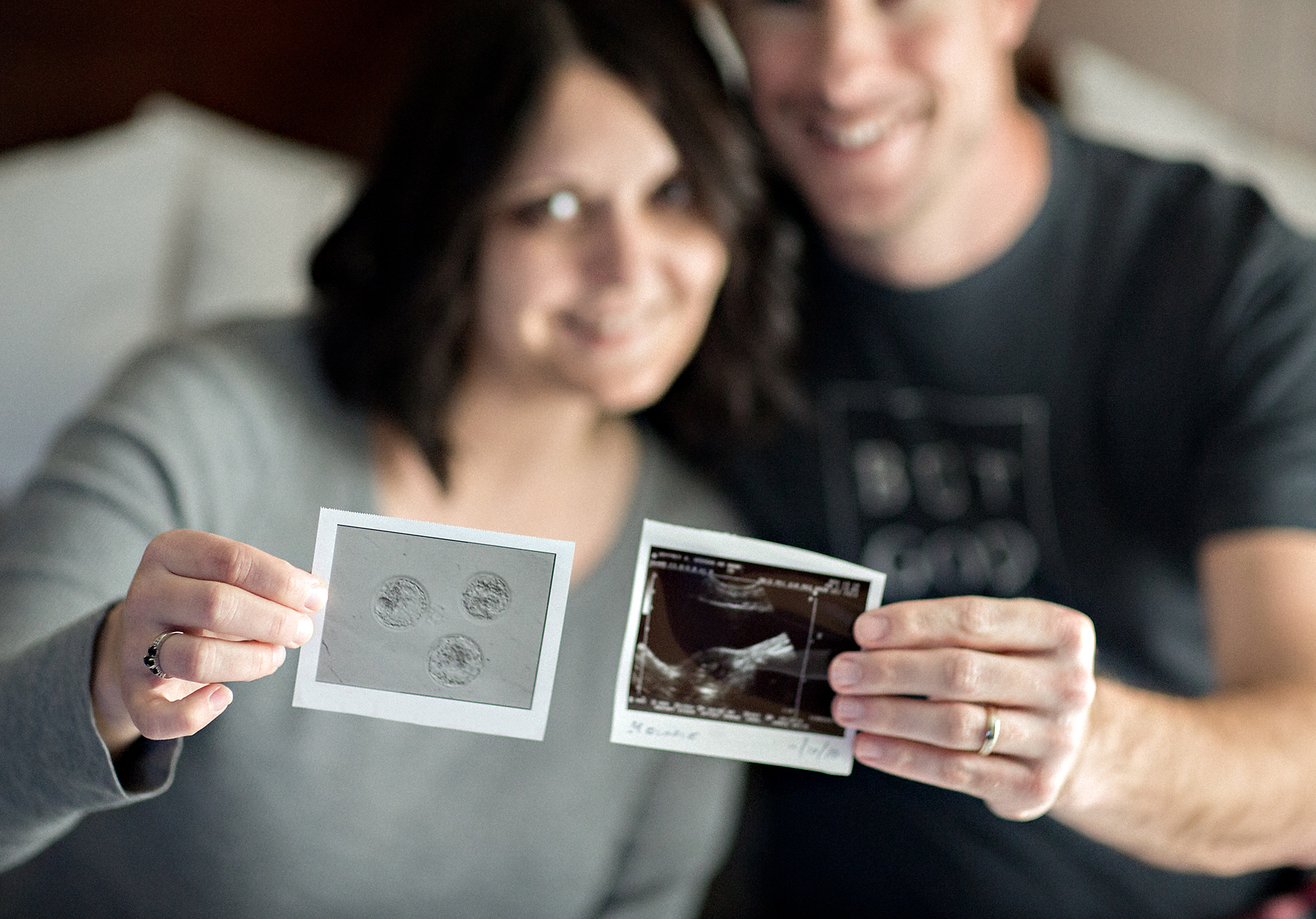In fertility terms, a treatment cycle that doesn’t result in a live birth is often referred to as failed. So after our embryo transfer last November left us without a lasting pregnancy, the most readily available term to describe what we were going through was “failed embryo transfer”.
“Failed” seems to be the quickest and easiest label to summarize a long, difficult, and emotional process to grow one’s family that doesn’t end desirably. It doesn’t require much explanation to conclude that whatever that process was, it didn’t turn out as expected. For us, though, that explanation never felt right. And as I wrestled with whether or not I was simply debating semantics or being overly sensitive to the word “failed” indicating something had gone wrong, I discovered that not only was our reasoning warranted, but that there are likely others who are also seeking more appropriate wording to express a similar experience of loss.

Reducing our circumstances to this single word, “failed” diminishes the lives we lost, while focusing instead on the disappointment that we didn’t end up with what we wanted. Yes, our hope was 9 months of pregnancy that ended with a baby(ies) in our arms. But our grief was over specific lives that were with us one day, and then suddenly not.
Not to mention the fact that claiming the transfer failed wasn’t really accurate for several reasons…
The transfer itself was successful.
Three embryos were thawed, each surviving the thaw (some embryos are lost in the process). Those three embryos were each successfully placed right where they needed to be, and given the opportunity to develop and grow.
I was pregnant!
Many couples do not know the exact moment that a tiny life is formed, and sometimes those lives are lost without so much as a hint that they existed. But we did know about all three of our embryos. We prayed for them specifically and individually. Up until their transfer day – from the time of their conception – they’d been in a lab. And then frozen! What an honor and a privilege it is to have been the one who carried them, even for just a short time.
Adoption was finalized.
Similar to how traditional adoption is considered complete when a child is permanently placed in the care of their forever family, embryo adoption is legally “finalized” at the time of transfer. After an entire year of paperwork, interviews, medical clearance, and more, those precious lives were fully and completely ours!
Closure was given to the donors.
Couples who choose to donate embryos are specifically choosing to give them a chance at life! Meaning, they have a vested interest in what happens to those little ones when/if they are matched with an adopting family. Some embryos will remain frozen for a long time before they are given a chance to live (the current record is a baby born after being frozen as an embryo for around 25 years). Our embryos were the last remaining for the donors, which means there is a sense of completion to what has been an unanswered question in their minds for some time.
Lastly, and perhaps most importantly…
God doesn’t consider this loss a failure.
Yes, He grieves with us over the brokenness of this world (John 11:35), yet even the dark is light to Him (Ps 139:12). No matter how frustrated or discouraged we felt, we were continuously brought back to this truth: Our hope must not lie in the outcome, but in God’s unchanging character. Kel and I have said from the beginning that going through the process of embryo adoption is about so much more than getting pregnant. As much as we hoped and prayed that those precious lives would be sustained, our ultimate desire was to give them the opportunity to live out the days He fashioned for them. (Ps 139:16)
Our embryo transfer didn’t fail! God knew all along the exact number of days we’d have with those three, and His plans and purposes are greater than our own.
So the next question…
How does one move forward once loss has exposed the depths of vulnerability?
For a little while, I wondered if I could handle continuing down the same path. I debated whether we even should invest the emotional energy, time, finances, etc. But through much prayer and coming together in consideration, that still small voice reminded us of an important truth…
God works in an ongoing story.
In as much as we would’ve been confident that embryo adoption was our calling if that pregnancy had lasted, how could we but remain confident even through the pain and the sorrow? Because He doesn’t consider this loss a failure, because we know the outcome hasn’t swayed His plans, we were given the courage to stay the course and begin taking next steps.



